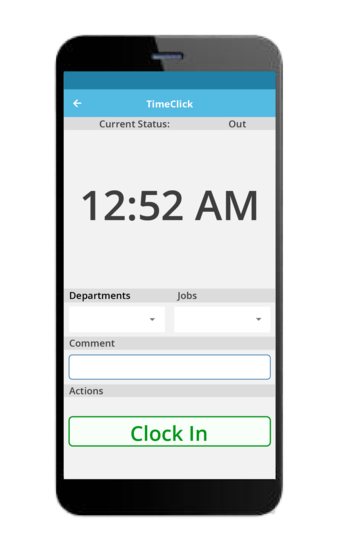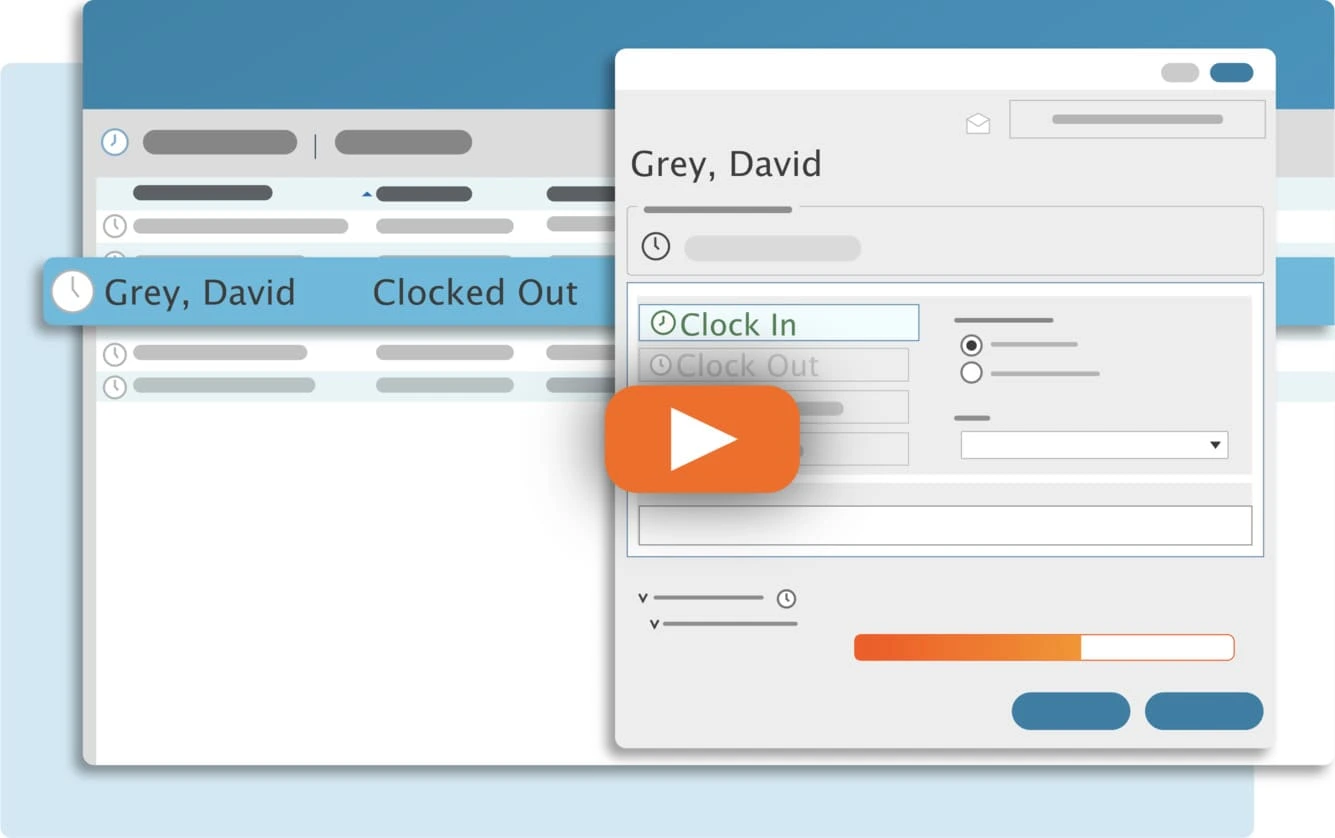If your business hires workers under the age of 18, it’s essential to understand how U.S. child labor laws work. These laws exist to protect minors from unsafe or excessive work, and they carry serious penalties if violated.
Whether you're managing a restaurant, a retail store, or a seasonal team, knowing the federal rules — and how they apply to younger workers — can keep your business compliant and your employees safe.
What Are Child Labor Laws?
Child labor laws are federal and state regulations that limit the type of work minors can perform, the hours they can work, and the conditions under which they’re employed. These laws are designed to protect the health, safety, and education of individuals under 18 years old.
In the United States, the primary set of child labor rules is established by the Fair Labor Standards Act (FLSA). Enforcement falls under the U.S. Department of Labor’s Wage and Hour Division (WHD), although individual states may have additional or stricter rules. For a full overview, visit the DOL YouthRules site.
Federal Standards Under the FLSA (Fair Labor Standards Act)
The FLSA sets the minimum federal requirements for employing minors. These rules vary depending on the age of the employee and whether school is in session. Below is a quick breakdown of what employers need to know:
- Minimum age to work: 14 years old (in most non-agricultural jobs)
- Ages 14–15: Can work limited hours in non-hazardous jobs. Restrictions include:
| Condition | Allowed Work Hours |
|---|---|
| School Days | Max 3 hours per day |
| School Weeks | Max 18 hours per week |
| Non-School Days | Max 8 hours per day |
| Non-School Weeks | Max 40 hours per week |
| Permitted Work Hours | 7:00 AM – 7:00 PM (extended to 9:00 PM from June 1 to Labor Day) |
- Ages 16–17: May work unlimited hours in non-hazardous jobs
- Age 18+: No child labor restrictions
There are also strict rules about the types of work minors can and cannot do. Hazardous occupations — like roofing, mining, or operating heavy machinery — are strictly off-limits to anyone under 18.
Some exceptions exist, such as for family farms, actors, or newspaper delivery, but they’re limited and require careful documentation.
Simplify Time Tracking with TimeClick!
Download our free trial—simple, secure, offline tracking, no fluff.

Common Mistakes Employers Make
Even well-meaning employers can unknowingly violate child labor laws — and the penalties can be steep. Here are some of the most common compliance missteps:
- Scheduling minors for too many hours: Especially during weekends or school breaks, it’s easy to accidentally exceed the allowed limits.
- Failing to track work hours accurately: Without a clear system, it's hard to prove you're within legal hour restrictions. Try using a tool like our Free Time Card Calculator to simplify compliance.
- Assigning prohibited tasks: Many businesses aren’t aware that things like kitchen work, ladder use, or operating machinery are off-limits to minors.
- Skipping documentation: Not collecting proof of age or proper permits can land you in hot water if audited.
- Ignoring state-specific regulations: Many states go beyond federal guidelines — not knowing the difference can lead to unintentional violations.
Most of these issues come down to unclear processes. A reliable time tracking and scheduling tool can help avoid mistakes before they become legal problems.
TIMECLICK TIP
Use custom user roles in TimeClick to restrict minors from clocking in outside legal hours — it adds a layer of protection against accidental violations.
Penalties for Violating Child Labor Laws
Violating child labor laws isn't just a slap on the wrist — it can lead to serious financial and legal consequences for your business. The Department of Labor takes these rules seriously, especially when a violation results in injury or involves repeated offenses.
- Civil penalties: Employers may face fines of up to $15,629 per minor employed in violation of the law.
- Injury violations: If the violation results in a serious injury or death of a minor, the penalty can rise to $68,801 — and even higher for repeated or willful violations.
- Criminal charges: In severe cases, employers may face criminal prosecution, especially if violations are repeated or deliberate.
- Reputation damage: Public enforcement actions can harm your brand, erode customer trust, and affect hiring.
Staying compliant isn’t just about avoiding penalties — it’s about protecting young workers and building a responsible business culture.
How to Stay Compliant
The best way to avoid costly violations is to build a system that prevents them in the first place. Staying compliant with child labor laws doesn’t have to be complicated — it just takes a little structure and the right tools.
- Verify age with documentation: Always collect and retain legal proof of age, such as a birth certificate or government-issued ID.
- Know the hour limits: Keep a quick reference chart for allowed work hours by age group and school status (in/out of session).
- Use a time tracking system: Automatically track and flag potential hour violations with a tool like TimeClick.
- Post required signage: The Department of Labor requires posters about youth employment rules to be visible in the workplace.
- Review both federal and state laws: States can have stricter rules — make sure you’re following both sets of regulations.
TIMECLICK TIP
Set up alerts in your time tracking software to notify managers if a minor employee is scheduled for too many hours in a day or week. It’s a simple way to catch issues before they happen.
Frequently Asked Questions
Still unsure about how child labor laws apply to your business? Below are answers to some of the most common questions employers ask when hiring minors, from work hour restrictions to federal versus state law confusion.
What is the youngest age a child can legally work in the U.S.?
In most cases, the minimum age is 14 for non-agricultural jobs. Certain jobs like acting or working for a family business may have exceptions.
How many hours can a 15-year-old work per week?
Up to 18 hours during a school week and up to 40 hours when school is not in session.
Are 16-year-olds allowed to work full-time?
Yes — but only in non-hazardous roles. The FLSA does not restrict hours for minors aged 16–17.
Summary & Final Tips
Hiring younger workers can be a great opportunity for both your business and the employee — but only if you do it by the book. Child labor laws exist to protect minors and hold employers accountable for safe, appropriate work environments.
By understanding the federal rules under the FLSA, staying informed about your state’s requirements, and putting proper systems in place, you’ll stay compliant and avoid costly penalties.
For more information on federal youth employment laws, check the U.S. Department of Labor’s youth labor portal.
Managing minors on your team? TimeClick makes it easy to track hours, prevent schedule violations, and maintain airtight labor law compliance — without the headaches.
Start your FREE TimeClick Trial Today.

